The Supreme Court of Canada will decide whether to hear a challenge to Quebec's Bill 21, a law that bans religious symbols for public service workers. The case raises crucial questions about the scope of the notwithstanding clause and its impact on fundamental rights.
The Supreme Court of Canada is poised to make a landmark decision on Thursday regarding the use of the notwithstanding clause. After an unusually lengthy deliberation, the court will determine whether to hear a challenge against Quebec 's Bill 21, a law that bans religious symbols for public service workers. Since its enactment in mid-2019, Bill 21 has sparked intense debate and legal challenges.
Quebec Premier François Legault pre-emptively invoked Section 33 of the Charter, the notwithstanding clause, to shield the law from legal scrutiny. This move has allowed Bill 21 to largely remain in effect, despite numerous legal challenges. Six groups, including the World Sikh Organization of Canada, are urging the Supreme Court to hear their case. They argue that the court should clarify the extent to which provincial legislatures can override fundamental rights without judicial oversight. One key argument centers on the impact of Bill 21 on minority language educational rights and gender equality rights, two Charter sections not overridden by the notwithstanding clause. They contend that courts should be able to offer judgments on rights violations even when the override clause is invoked.Amrit Kaur, a 33-year-old high school teacher and Sikh who wears a turban, is one of the individuals impacted by Bill 21. She left Quebec to teach in Vancouver after the law was passed, feeling excluded from the province's debate surrounding secularism. She believes wearing a religious symbol in the classroom does not equate to proselytizing beliefs and argues that while Section 33 provides provinces a degree of political autonomy, it should not override human rights. The case has broader implications for the use of Section 33 across Canada. Centre-right governments in Ontario, Quebec, and Saskatchewan have increasingly used the clause to override rights in recent years, while the federal Liberals have avoided direct confrontation with Quebec on this issue.Prime Minister Justin Trudeau has expressed his opposition to the pre-emptive use of Section 33, as seen in Quebec's application of it to Bill 21. The outcome of the upcoming federal election could impact the federal government's stance on this matter. Conservative leader Pierre Poilievre has stated his opposition to Bill 21, while the Conservatives have promised to use Section 33 on criminal justice issues if elected. The Supreme Court, led by Chief Justice Richard Wagner, a Montrealer with deep knowledge of Quebec's legal and political landscape, faces a complex decision. Legal experts, such as University of Ottawa law professor Jolyane Biro, who authored a book on Section 33, believe the court should offer judgments on rights violations even when the override clause is used. However, they doubt the court will go further than that in the Bill 21 case. Whether the Supreme Court ultimately decides to hear the challenge and how it shapes the debate surrounding the notwithstanding clause remains to be seen
NOTWITHSTANDING CLAUSE BILL 21 SUPREME COURT OF CANADA QUEBEC CHARTER OF RIGHTS AND FREEDOMS RELIGIOUS SYMBOLS HUMAN RIGHTS
Canada Latest News, Canada Headlines
Similar News:You can also read news stories similar to this one that we have collected from other news sources.
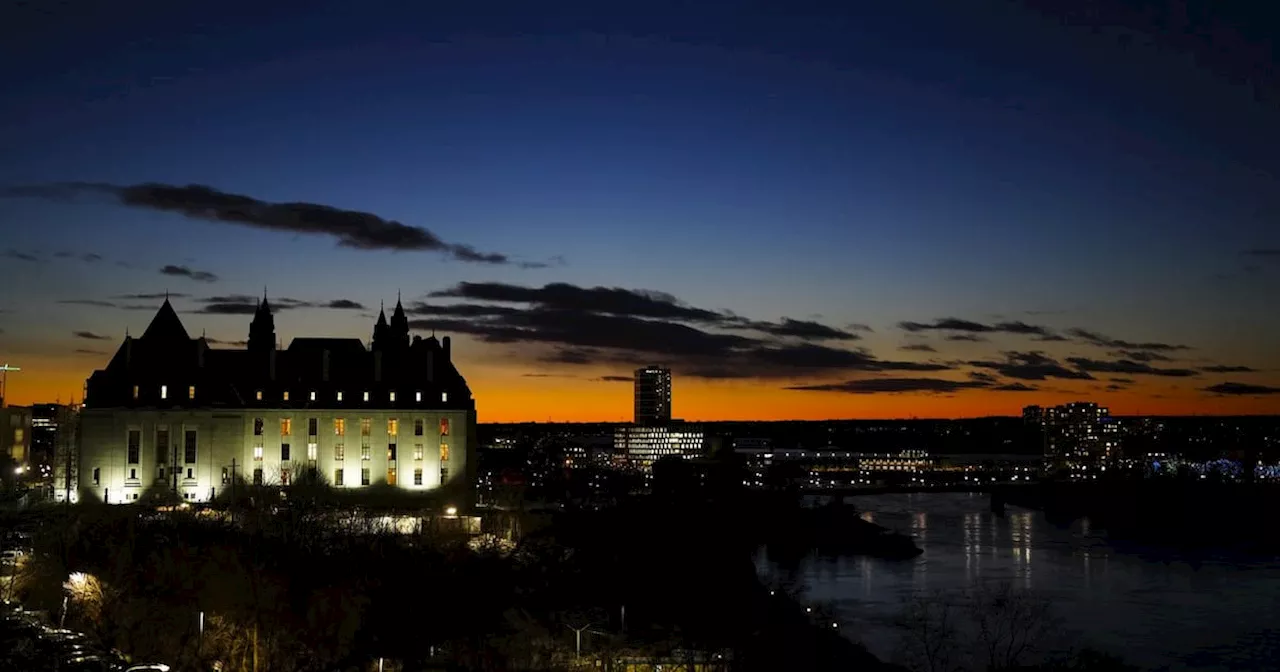 Supreme Court to decide next week whether to hear challenge to Quebec secularism lawThe Supreme Court of Canada will announce next week whether it will hear a challenge to Quebec’s secularism law, known as Bill 21.
Supreme Court to decide next week whether to hear challenge to Quebec secularism lawThe Supreme Court of Canada will announce next week whether it will hear a challenge to Quebec’s secularism law, known as Bill 21.
Read more »
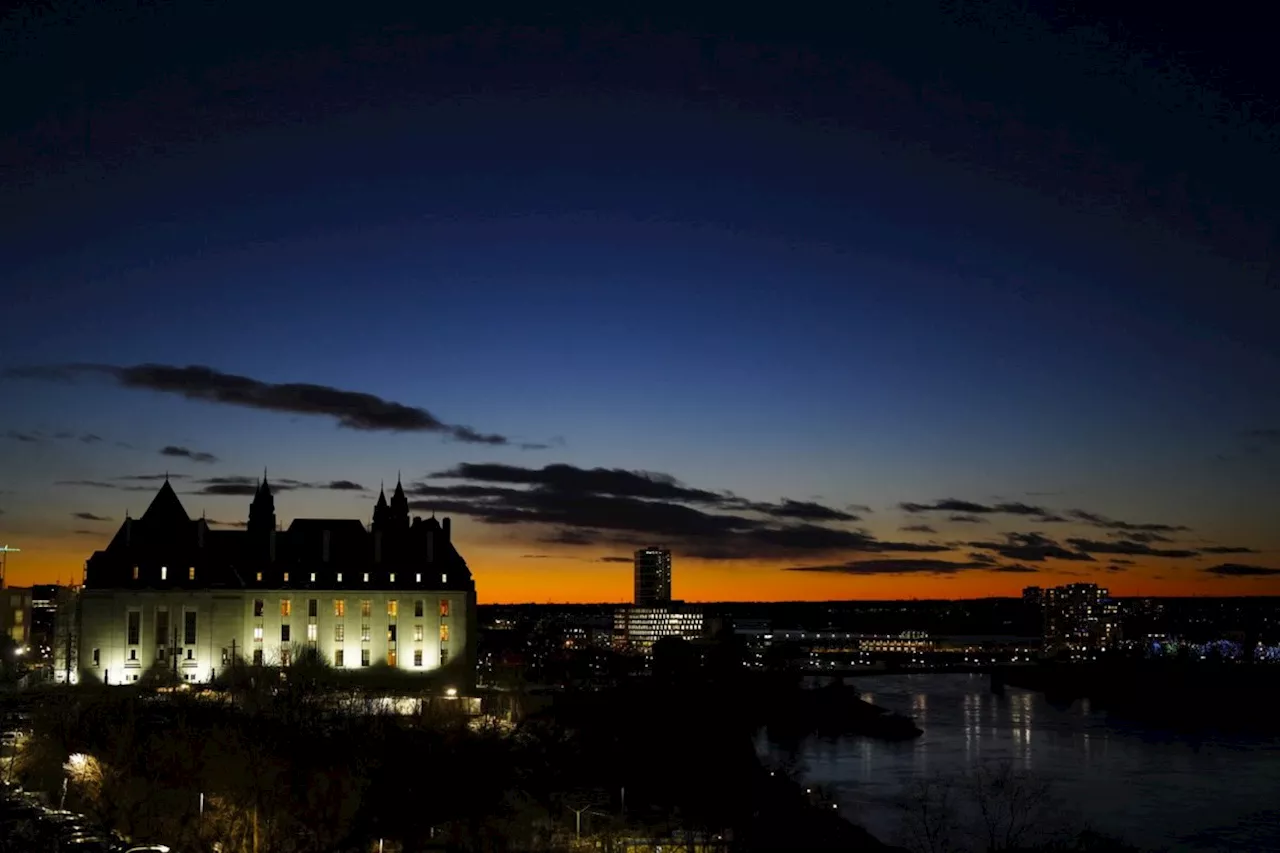 Supreme Court to Decide on Quebec Secularism Law AppealThe Supreme Court of Canada is poised to announce next week whether it will hear an appeal of Quebec's controversial Bill 21, a law that restricts religious symbols for certain public sector employees. The decision, expected on Thursday, will determine the fate of the law that has sparked intense debate on religious freedom and secularism in Canada.
Supreme Court to Decide on Quebec Secularism Law AppealThe Supreme Court of Canada is poised to announce next week whether it will hear an appeal of Quebec's controversial Bill 21, a law that restricts religious symbols for certain public sector employees. The decision, expected on Thursday, will determine the fate of the law that has sparked intense debate on religious freedom and secularism in Canada.
Read more »
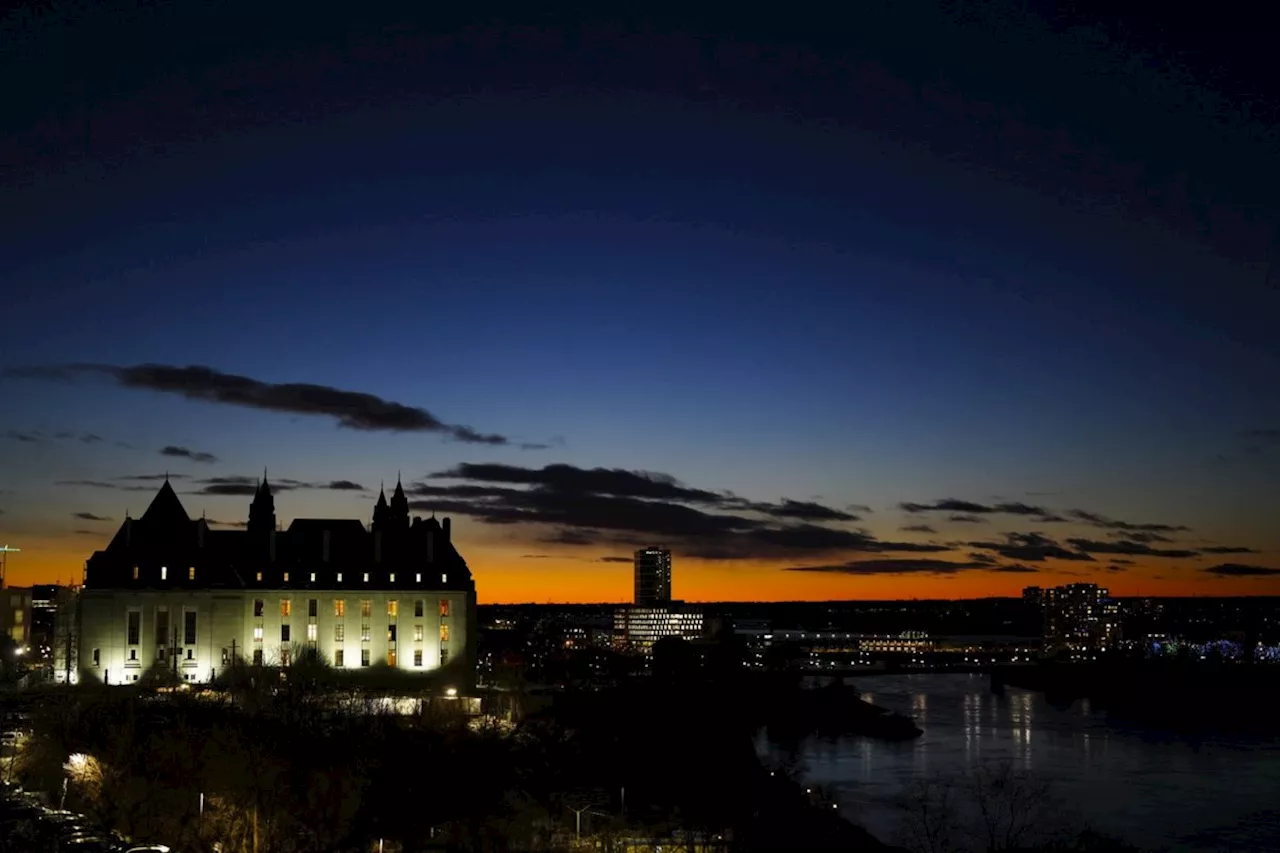 Supreme Court to decide next week whether to hear challenge to Quebec secularism lawMONTREAL — The Supreme Court of Canada will announce next week whether it will hear a challenge to Quebec's secularism law, known as Bill 21.
Supreme Court to decide next week whether to hear challenge to Quebec secularism lawMONTREAL — The Supreme Court of Canada will announce next week whether it will hear a challenge to Quebec's secularism law, known as Bill 21.
Read more »
 Supreme Court of Canada to Decide on Quebec's Use of Notwithstanding Clause in Bill 21The Supreme Court of Canada will determine if it will hear a challenge against Quebec's Bill 21, which bans religious symbols for public service workers. The case raises questions about the scope of the notwithstanding clause and its impact on fundamental rights.
Supreme Court of Canada to Decide on Quebec's Use of Notwithstanding Clause in Bill 21The Supreme Court of Canada will determine if it will hear a challenge against Quebec's Bill 21, which bans religious symbols for public service workers. The case raises questions about the scope of the notwithstanding clause and its impact on fundamental rights.
Read more »
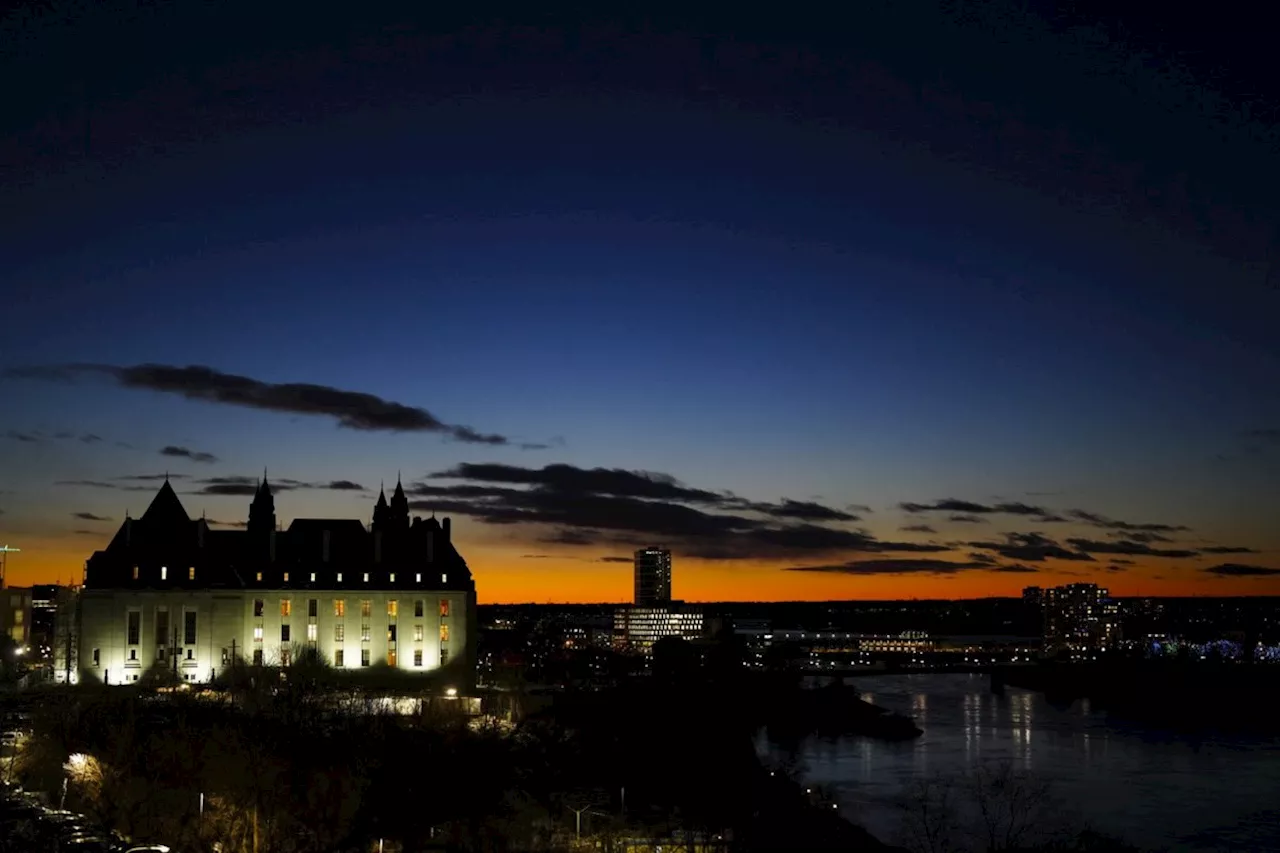 Supreme Court of Canada to Decide on Bill 21 AppealThe Supreme Court of Canada is set to announce next week if it will hear a challenge against Quebec's controversial secularism law, Bill 21. The law, which prohibits some public sector workers from wearing religious symbols on the job, has been upheld by the Quebec Court of Appeal. Multiple groups, including the National Council for Canadian Muslims and the Canadian Civil Liberties Association, are seeking leave to appeal the decision to the Supreme Court. The Quebec government maintains that the law is reasonable and intends to defend it vigorously against all challenges.
Supreme Court of Canada to Decide on Bill 21 AppealThe Supreme Court of Canada is set to announce next week if it will hear a challenge against Quebec's controversial secularism law, Bill 21. The law, which prohibits some public sector workers from wearing religious symbols on the job, has been upheld by the Quebec Court of Appeal. Multiple groups, including the National Council for Canadian Muslims and the Canadian Civil Liberties Association, are seeking leave to appeal the decision to the Supreme Court. The Quebec government maintains that the law is reasonable and intends to defend it vigorously against all challenges.
Read more »
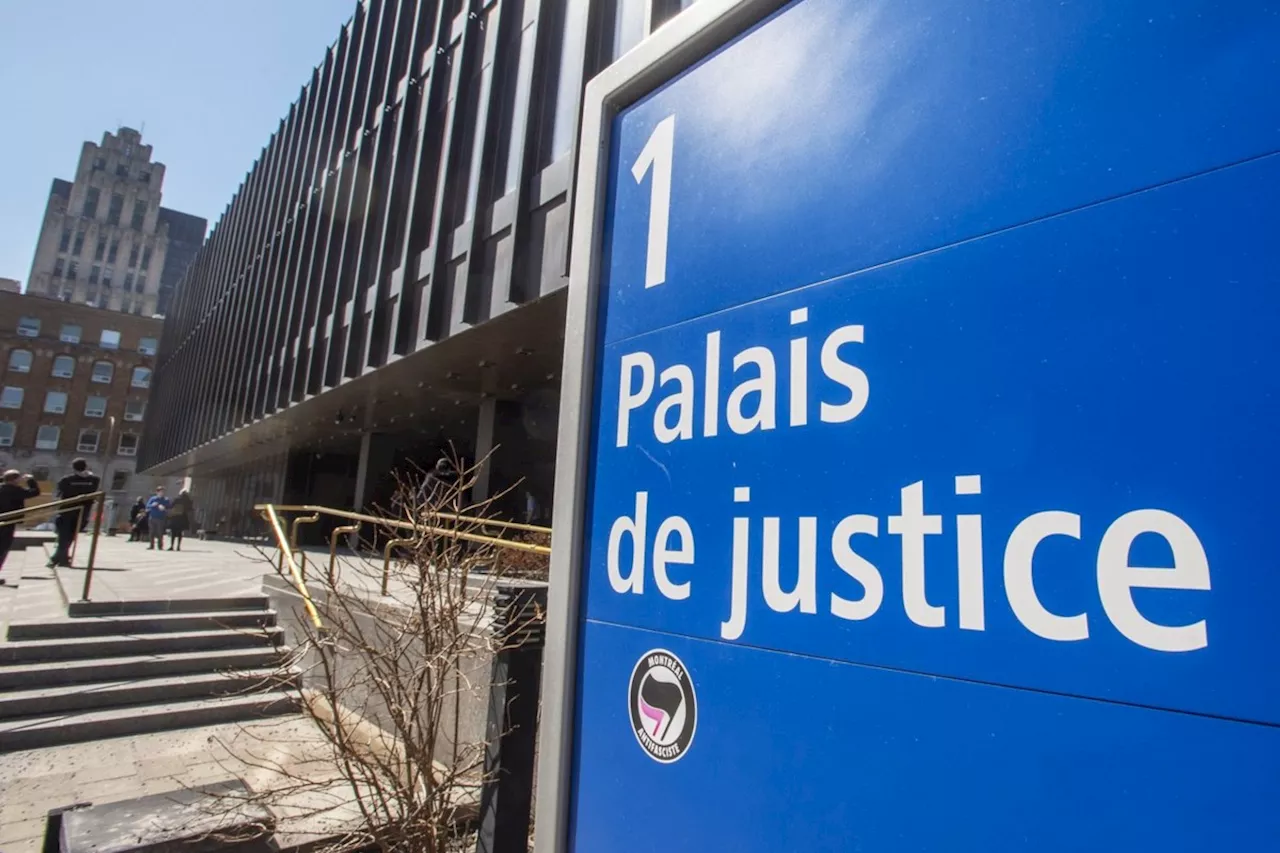 Developer loses court battle to remove heritage status on WW1 battery in QuebecMONTREAL — The Quebec Superior Court has ruled against a real estate development company that wanted the heritage status removed for First World War fortifications overlooking the St. Lawrence River east of Quebec City.
Developer loses court battle to remove heritage status on WW1 battery in QuebecMONTREAL — The Quebec Superior Court has ruled against a real estate development company that wanted the heritage status removed for First World War fortifications overlooking the St. Lawrence River east of Quebec City.
Read more »
